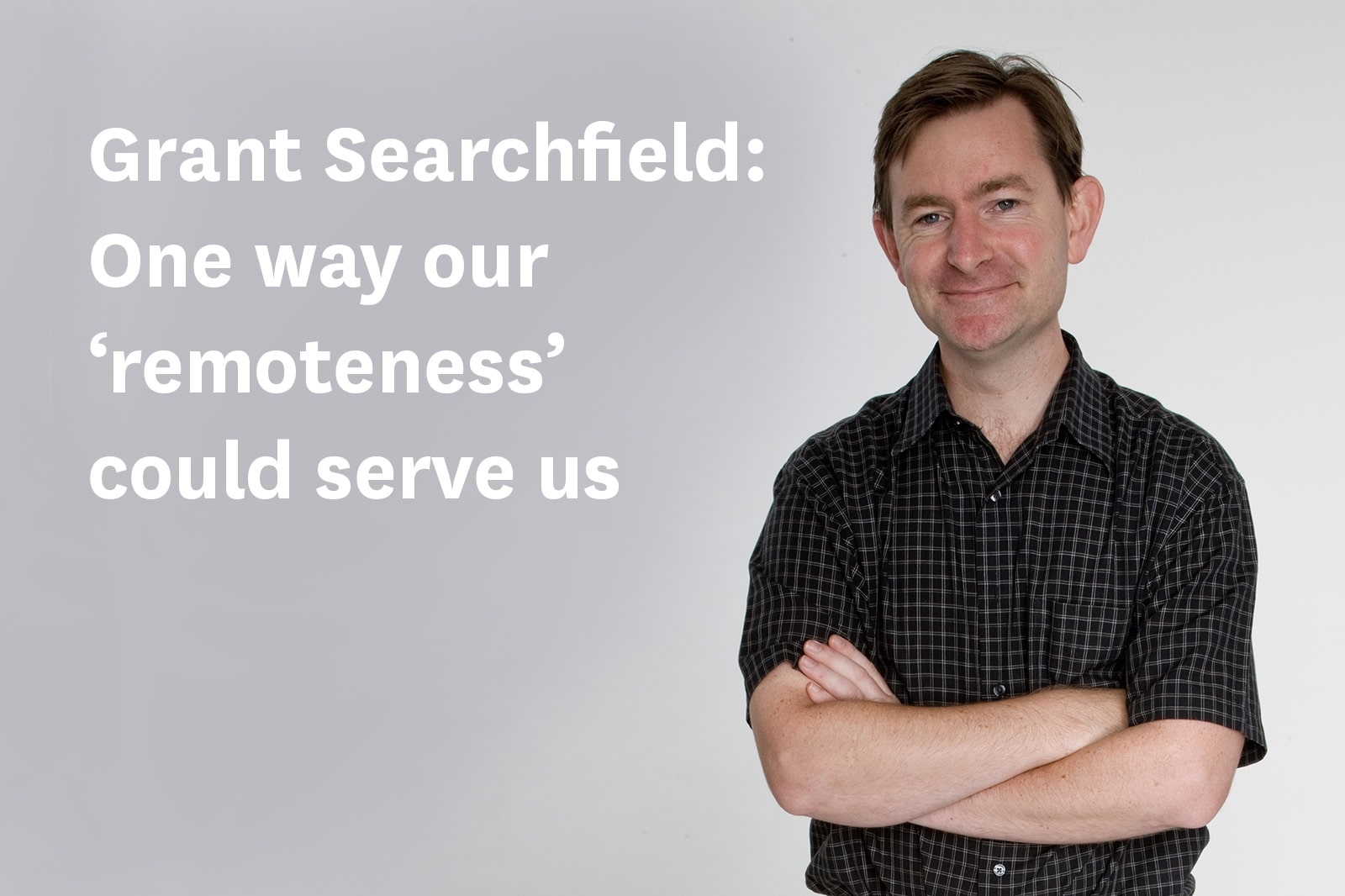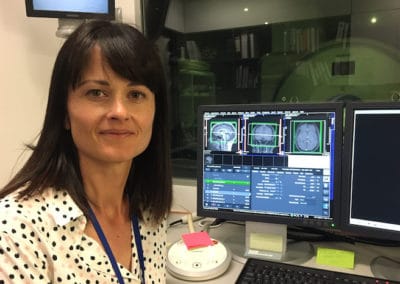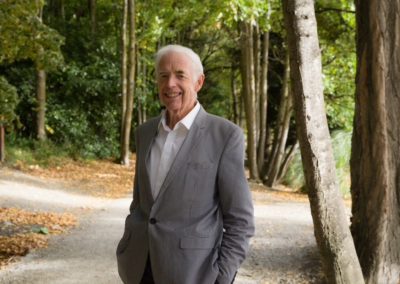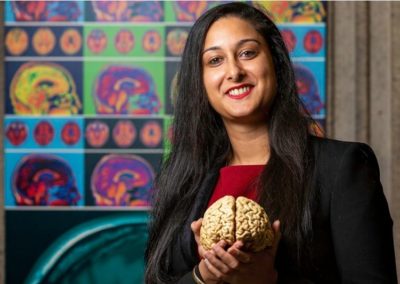NZ is an isolated nation with geographically remote communities, but good uptake of technology. Lockdown has shown we are well-positioned to be leaders in remote healthcare, writes Assoc Prof Grant Searchfield.
Most of us felt the constraints of lockdown. Our usual social and work lives were turned upside down, but we were able to call friends and family on the phone, keep up with the daily briefings on Covid-19 on TV and master the use of video calls using Zoom.
But what of the 900,000 primarily older New Zealanders with hearing loss, many who can’t easily follow phone conversations, struggle following conversations on television and don’t have, or experience difficulty using, the internet?
How have the socially isolated coped with the removal of physical contact essential for their communication? And can we learn from our experiences in lockdown here in New Zealand and emerge to lead the world in hearing healthcare using mhealth (the term used to describe the use of mobile and wireless technologies in health care)?
The inclusion of sign language interpreters in government announcements was an important policy for our deaf community and benefited approximately 20,000 people. But the majority of the hearing-impaired community don’t use sign-language and many don’t use hearing aids, but should. Instead, many rely on lip-reading and facial expressions to supplement hearing. But imagine the struggle, anxiety and fear when an older person is confronted by healthcare professionals wearing mask. They are unable to lipread the covered faces and only hear snippets of vital information – this experience has been labelled “mask misery”.
Hearing aids seem the obvious solution, but only one out of three adults aged over 70 who requires a hearing aid has actually used them. Compounding the problem is people who discover they really need hearing aids, or those already using them but need repairs or adjustments, can’t because of the need for face-face consultations. This was impossible at Level 4 and Level 3 lockdown and is an ongoing problem for remote, less well-served communities around New Zealand.
Tin Aung Kyaw and Christine Fok at the University of Auckland’s School of Population Health are exploring the effects of lockdown on the well-being of a group of older Kiwis with hearing loss. They believe the physical isolation experienced in lockdown may bring additional negative impacts, particularly among hearing impaired seniors with cognitive decline or dementia. These conditions, and feelings of loneliness, anger and depression, are all likely to be compounded by isolation. While younger people could handle social isolation during lockdown through various online social media platforms, our seniors with hearing loss may have been suffering the impact of physical distancing and social isolation silently.
A report commissioned by the National Foundation for the Deaf and Hard of Hearing in 2016 estimated hearing loss cost the economy approximately $1 billion per annum, mostly in lost productivity. This cost burden coupled with the increasing age of our population, and the link between hearing loss, cognitive decline and dementia, highlights the negative effects of unmanaged hearing loss on our economy.
But with a crisis often comes solutions.
Remote hearing tests and hearing aid fittings, in which the audiologist is in their office and the client is at home, have been possible for some time. And in the year leading up to Covid-19 and our lockdown, many hearing aid manufacturers began to release hearing aids that could be programmed via the end-users cell-phone. At the time, this new technology had a lukewarm reception from clients and clinicians alike as the traditional process of fitting hearing aids, which hadn’t changed for decades, was working.
But lockdown brought on an extremely rapid growth in this new method. The new technology won’t totally replace consultations as there are social benefits, but it will enhance our service. It will improve outreach, provide better access for rural and underserved communities, address inequalities within and between Māori and non-Māori and reduce cost to individuals and the economy. Further, if we treat hearing loss early, we may also slow the onset of dementia and its costs to society.
New Zealand has the expertise in hearing and brain research, and bright minds in mhealth and software development, to drive innovation in this field. Alongside remote hearing aid services, there are also emerging mhealth solutions being developed here for tinnitus (head and ear noise) and balance. If we can implement systems here, we can export these innovations to the world.
New Zealand is in a strong position to lead the field of remote healthcare – we are an isolated nation with geographically remote communities, but good uptake of technology. It is in our genes to innovate and manage our remoteness. Most of the technology needed for a comprehensive mhealth system exists, but the potential is even greater if it could be coupled with the roll out of 5G. We could be world leaders in the development, testing and implementation of mhealth solutions.
When we as a nation think of the investment in infrastructure to create jobs and drive the economy further we’d be wise to think of shovel ready projects in hearing, dementia, and mhealth alongside investment in bricks, mortar, asphalt and steel.
– Associate Prof Grant Searchfield is based in Audiology, School of Population Health, at the University of Auckland. He is also a primary researcher in Brain Research New Zealand and Deputy Director of the Eisdell Moore Centre for Research in Hearing and Balance.
This article was originally published on Newsroom.



